Mozambique: Chapo promises to solve outstanding wage problems
Mozambique: EU ambassador meets with Venâncio Mondlane in Maputo
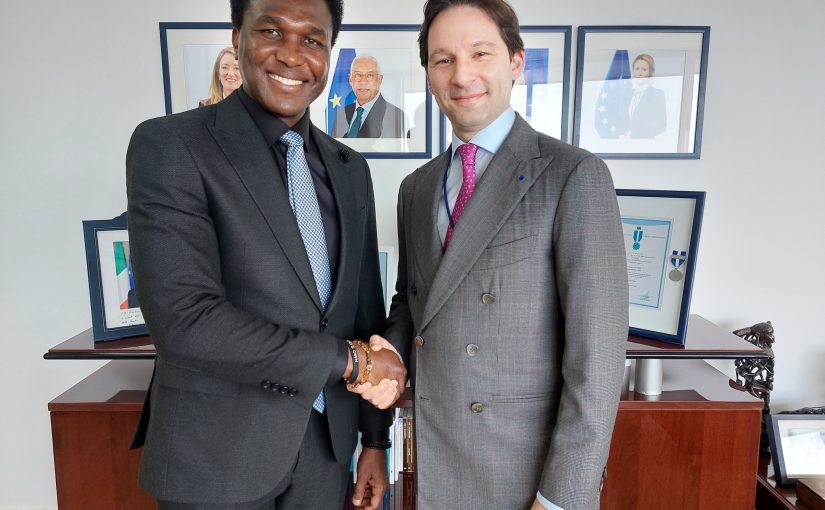
Photo: União Europeia em Moçambique / Facebook
The European Union ambassador to Mozambique, Antonino Maggiore, and former presidential candidate Venâncio Mondlane met in Maputo yesterday to discuss the country’s political situation, according to an official statement.
Maggiore and Mondlane “exchanged views on the political situation in Mozambique”, according to a statement from the European Union (EU) Embassy in Maputo published on Monday on its Facebook page, without providing further details.
Mondlane, who rejects the results of the October 9 elections, led the most tumultuous election protests the country has seen since the first multi-party elections in 1994, in which around 390 people lost their lives in clashes with the police, according to data from civil society organizations, as well as looting and the destruction of businesses and public infrastructure.
The Mozambican government has previously confirmed at least 80 deaths, in addition to the destruction of 1,677 commercial establishments, 177 schools and 23 health units during the demonstrations.
On 23 March, Mondlane and newly sworn-in President Daniel Chapo met for the first time and made a commitment to end the violence in the country.
Following the meeting between Mondlane and Chapo, preceded by the signing of a political agreement for state reforms signed by the president and the main Mozambican political parties, the EU considered that the country is “ready to write a new page”.
“The European Union welcomes the meeting with President Chapo and calls for continued dialogue with a view to reforms that ensure the sustainable development of the country and the well-being of Mozambicans,” the EU note released yesterday reiterates.
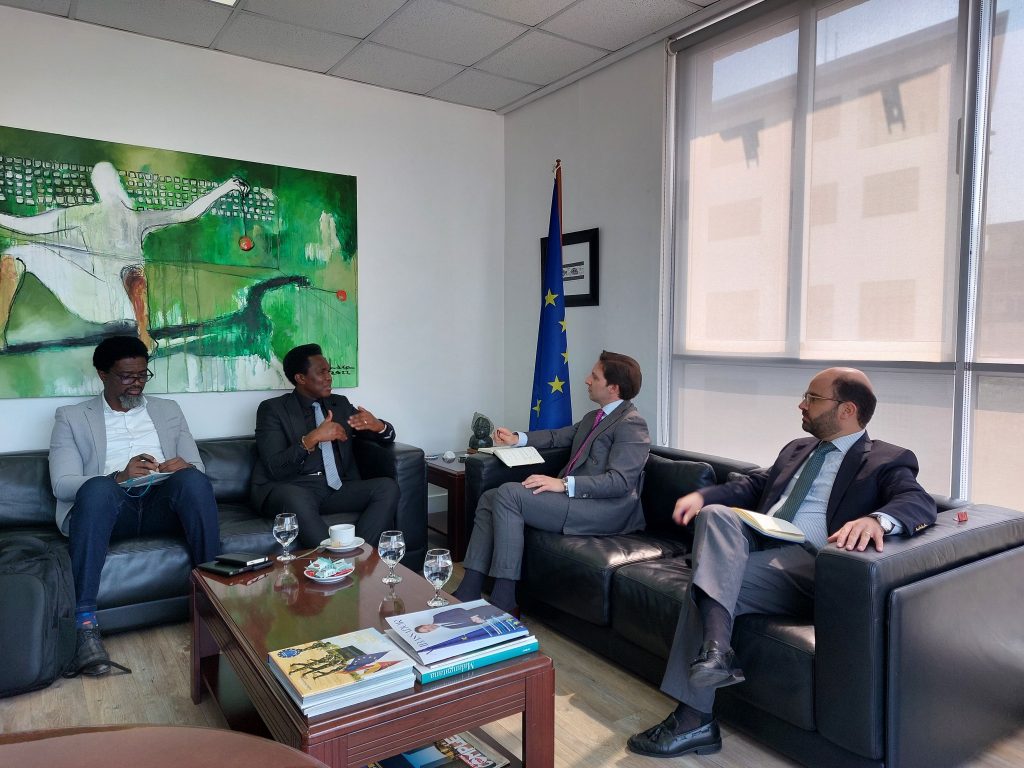
On April 2, the Assembly of the Republic of Mozambique unanimously and definitively approved the law on the political agreement to pacify the country, which provides for the review of the Constitution and the powers of the president.
The legal provision is based on the agreement between the president, Daniel Chapo, and all political parties, signed on March 5 and submitted to the Assembly of the Republic for urgent consideration.
Within the scope of the constitutional reform, three objectives are assumed in the law, firstly the “reform of the State”, with measures at the level of the “political system, the powers of the president (…), de-politicization of state institutions, decentralization and political, economic and financial devolution”.
The law also includes the “reform of the justice system”, namely “the mechanism for appointing the heads of justice bodies and their respective financial and administrative independence”, and the “reform of the electoral system”, in this case with the “definition of a new model, composition of electoral administration bodies, electoral legislation, electoral justice bodies, among other aspects that contribute to the integrity of the entire electoral process”.
Based on what was approved by parliament, a technical committee of 21 members will be established – 18 from the parties and three appointed by civil society – to operationalize these measures, with a proposed budget of 91,471,200 meticais (€1.3 million), more than half that for attendance fees, funds to be provided by the government and parties.



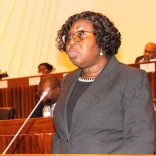

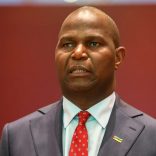
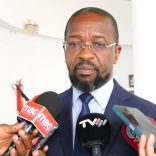


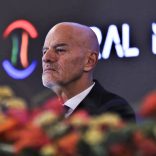



Leave a Reply
Be the First to Comment!
You must be logged in to post a comment.
You must be logged in to post a comment.